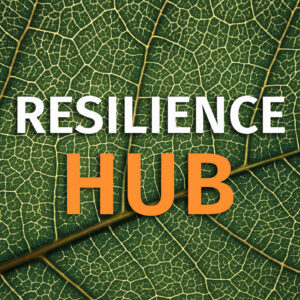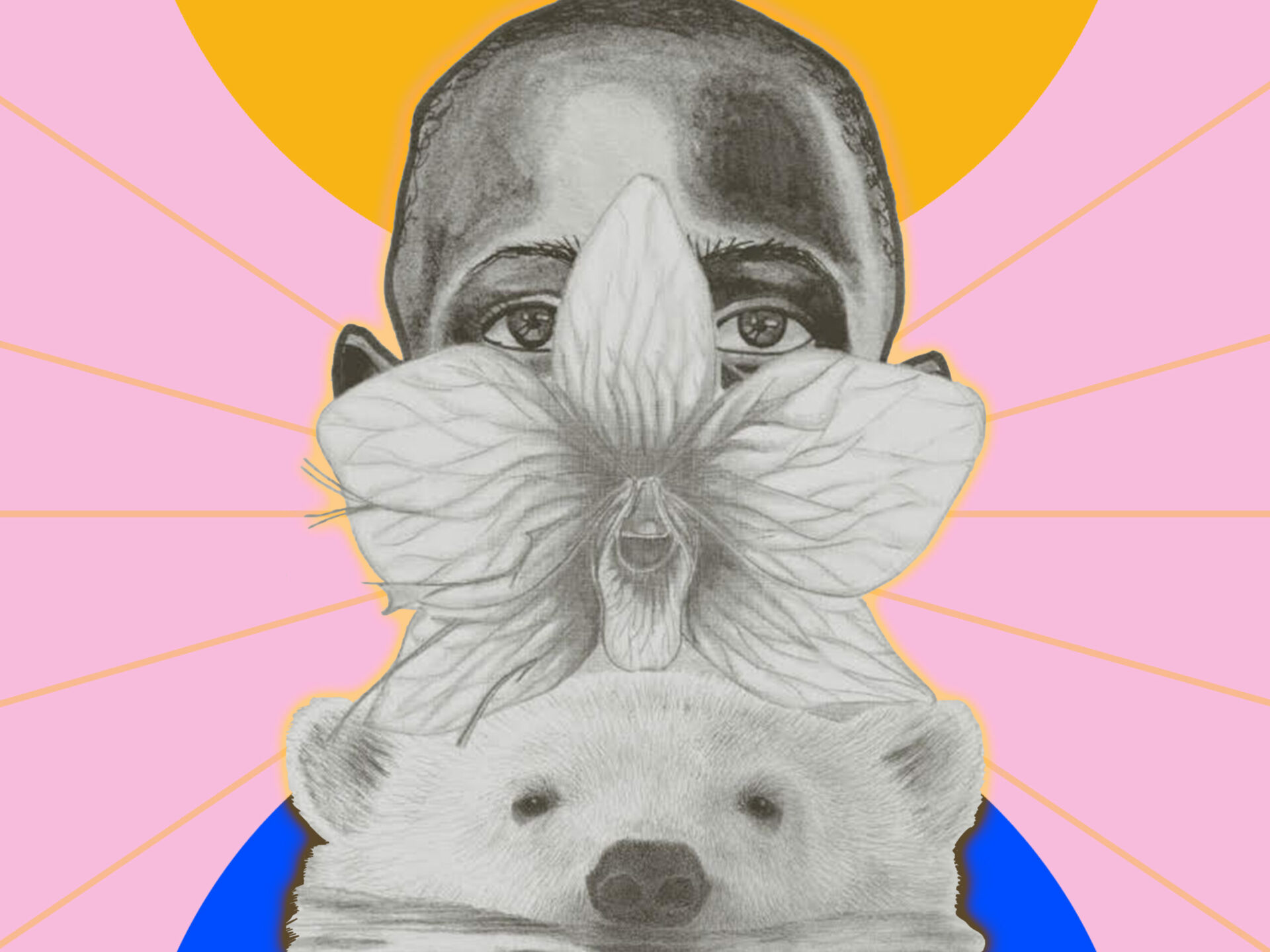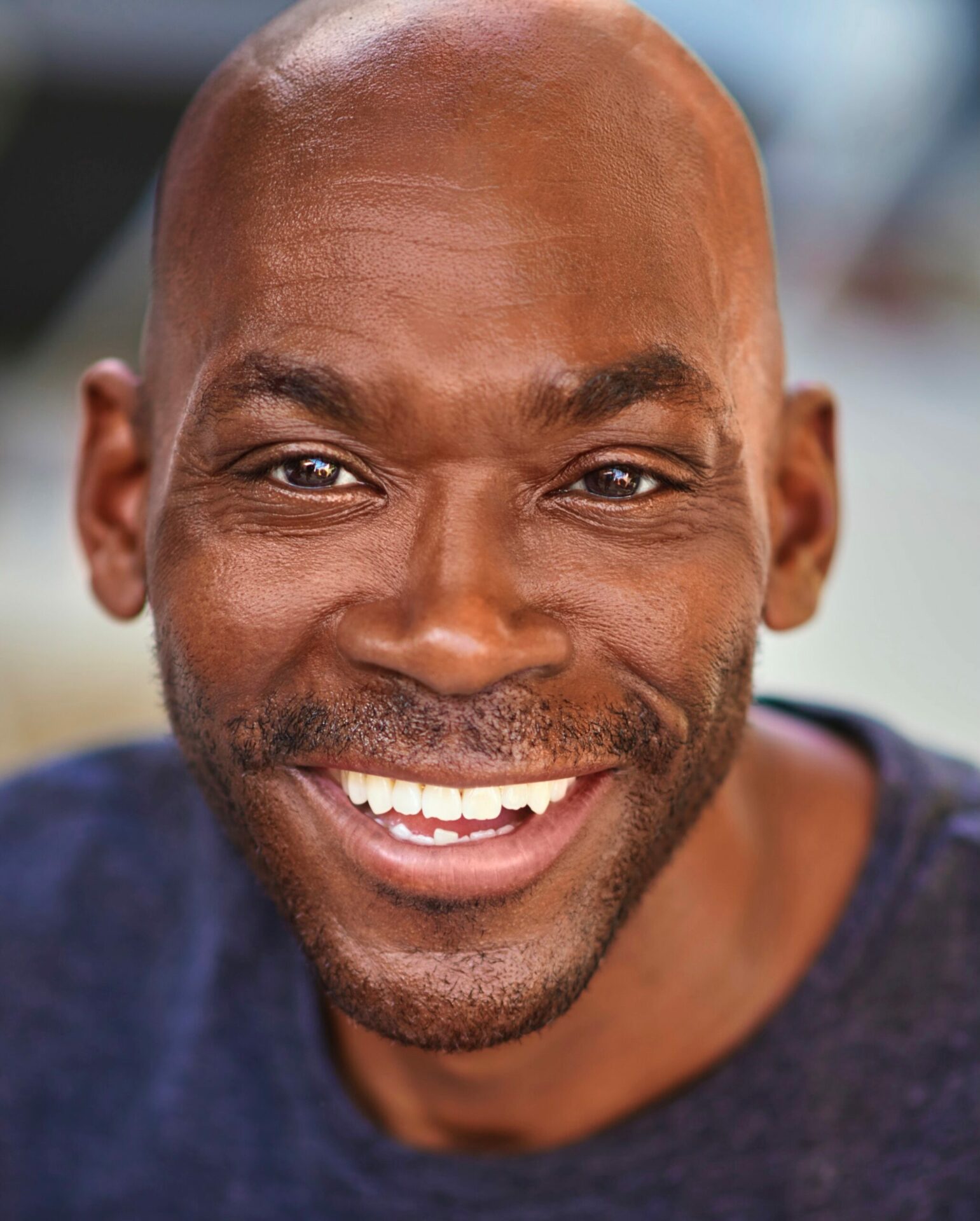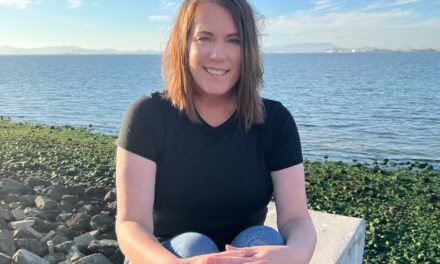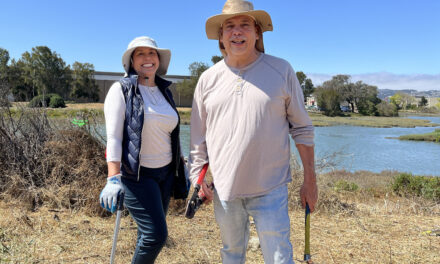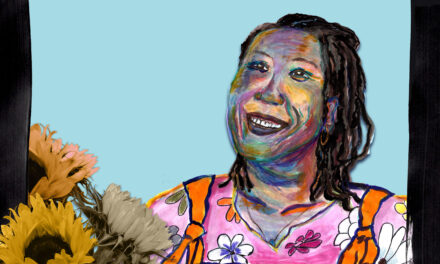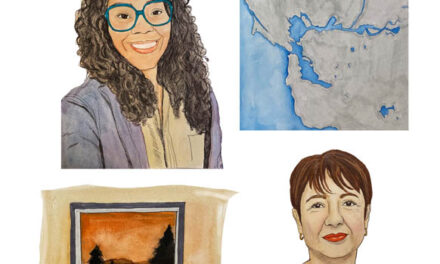Polar Bears, Black Boys, and Orchids Center Stage
Ultimately, the values of the environmental and Black Lives Matter movements are similar: the conservation of innocent, vulnerable lives.
Four days. That’s how long playwright Vincent Terrell Durham was given to draft a play in response to the two-word prompt “Planet Earth.” These monthly prompts from the theater group PlayGround-LA were a thrilling challenge for Bay Area writers, yet Durham’s initial reaction was annoyance. Not because of his strict timeline, but because of the topic itself.
“When I think of the environment, I think of animals. I think of, you know, saving the African lion,” he reflected. But with heightened racism and the deaths of many Black men at the hands of police in the mid-2010s, thinking about saving the planet felt like an added burden to Durham.
“People are struggling just to feed their children…Yes, [environmental change] is going to impact us at some point, but [a child] not having food today is going to impact us more.”
The Earth could rely on another savior, he thought. One whose concerns were likely very different from those of his own Black community.
But as Durham began research for this project — with the help of a hearty dose of Youtube videos — his knowledge of the environmental movement grew. With it came the recognition that diversifying the movement is urgent.
The play that Durham crafted, Polar Bears, Black Boys & Prairie Fringed Orchids, is a story of not only wildlife conservation and low-flow toilets, but of police brutality, grief, and our relationship with the living creatures around us. Polar Bears explores a clash between the environmental movement and the Black Lives Matter movement. At the start of the play, these causes seem incompatible: Molly, a white environmentalist, works to protect helpless endangered species; Jaquan and Shemeka, Black Lives Matter activists, work to protect Black boys and men. Yet the evening these characters share reveals that, ultimately, the values of the environmental and BLM movements are similar: the conservation of innocent, vulnerable lives. Durham argues we’re just going about reconciling them the wrong way.
To advocate for both the protection of the environment and of Black lives, Durham says access to information and having agency in environmental decision-making is a necessity. Black and Brown communities bear the brunt of climate disasters, but only people with the time, energy, and means to be involved in environmental activism have their grievances heard. Durham urges us to consider not just who is invited to the table, but who has the luxury to take a seat: “The people who are going to be affected by…environmental crises are the ones who have the least power.”
Other Recent Posts
Reforming Rules to Speed Adaptation
Bay Conservation and Development Commission to vote early this year on amendments designed to expedite approval of climate projects.
Warner Chabot Shifts Gears
After 11 years at the helm of the Bay Area’s leading science institute, its leader moves back into the zone of policy influence.
Is Brooklyn Basin Emblematic of Regional Development Vision?
The 64-acre waterfront development adds thousands of new housing units to one of the world’s most expensive places, but questions remain about its future.
Coordinate or Fall Short: The New Normal
Public officials and nonprofits say teaming up and pooling resources are vital strategies for success in a climate-changed world.
Pleasant Hill Gets Sustainable Street Improvements
An intersection redesign with safer bike lanes earned a national Complete Streets award, while sparking mixed reactions from drivers.
Six Months on the Community Reporting Beat
The magazine worked with four journalists in training from community colleges, and began building a stronger network in under covered communities.
Rio Vista Residents Talk Health and Air Quality
A Sustainable Solano community meeting dug into how gas wells, traffic, and other pollution sources affect local air and public health.
New Year Immerses Concord Residents in Flood Preparations
In Concord, winter rains and flood risks are pushed residents to prepare with sandbags, shifted commutes, and creek monitoring.
What You Need to Know About Artificial Turf
As the World Cup comes to the Bay Area, artificial turf is facing renewed scrutiny. Is it safe for players and the environment?
Threatened by Trump’s Policies, GreenLatinos Refuses to Back Down
National nonprofit GreenLatinos is advancing environmental equity and climate action amid immigration enforcement and policy rollbacks.
Durham’s tale of humanity and preservation leaves audiences with a crucial message: environmental activism without racial activism isn’t protective of all life on Earth–just the lives we choose to value. And if endangered plants like the prairie fringed orchid don’t even survive in the end, then what does this mean for Black families and the survival of those most vulnerable to climate disasters?
Durham, like many of us, doesn’t have an answer. But he remains confident that sharing stories like Polar Bears will bring us closer to an equitable and compassionate future on Planet Earth.
Polar Bears, Black Boys & Prairie Fringed Orchids was produced through PlayGround-LA in collaboration with the Planet Earth Arts New Play Festival and held performances at Berkeley and Stanford Repertory Theaters in 2019. Though years have passed since its original production, Durham attests that theater and performance arts are still crucial to making complex scientific topics accessible and helping audiences sympathize with the concerns of activists. And with more environmentalists advocating for nature through the arts and calling for environmental justice with increased resonance, Polar Bears may be more pertinent today than ever before.
Images courtesy Vincent Terrell Durham. Top art credits: Black boy by Goulwen Reboux, prairie fringed orchid by Ananda Heller, polar bear by Candy Witcher.



